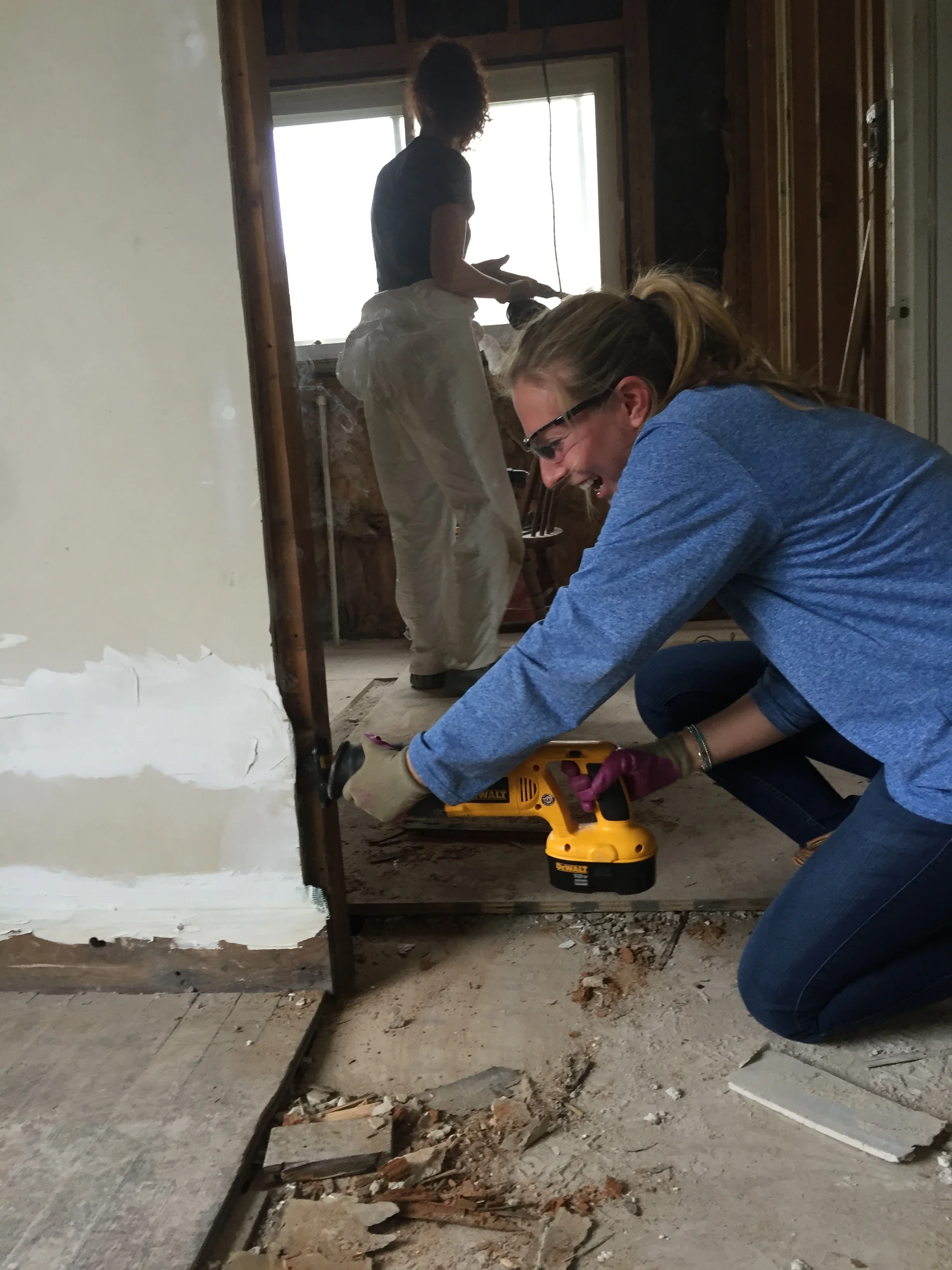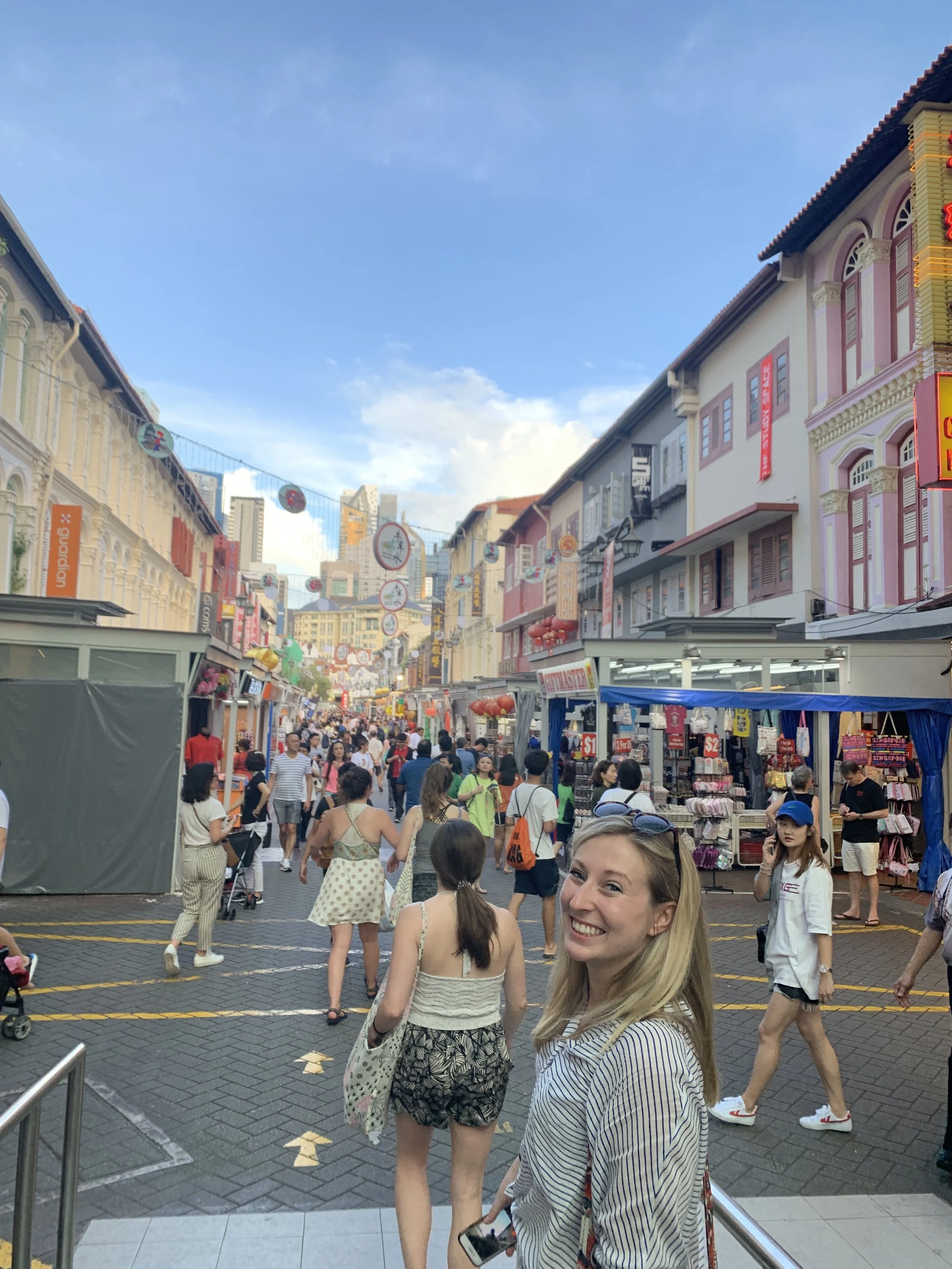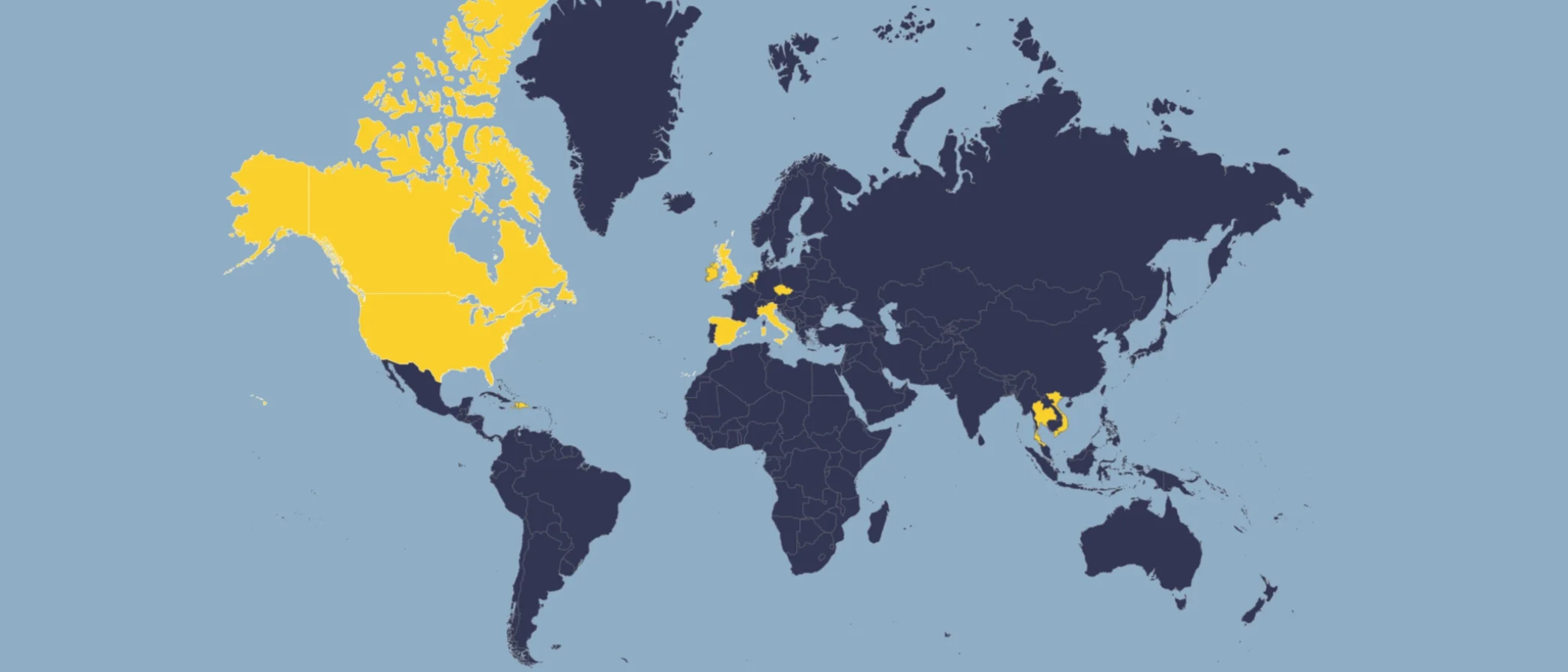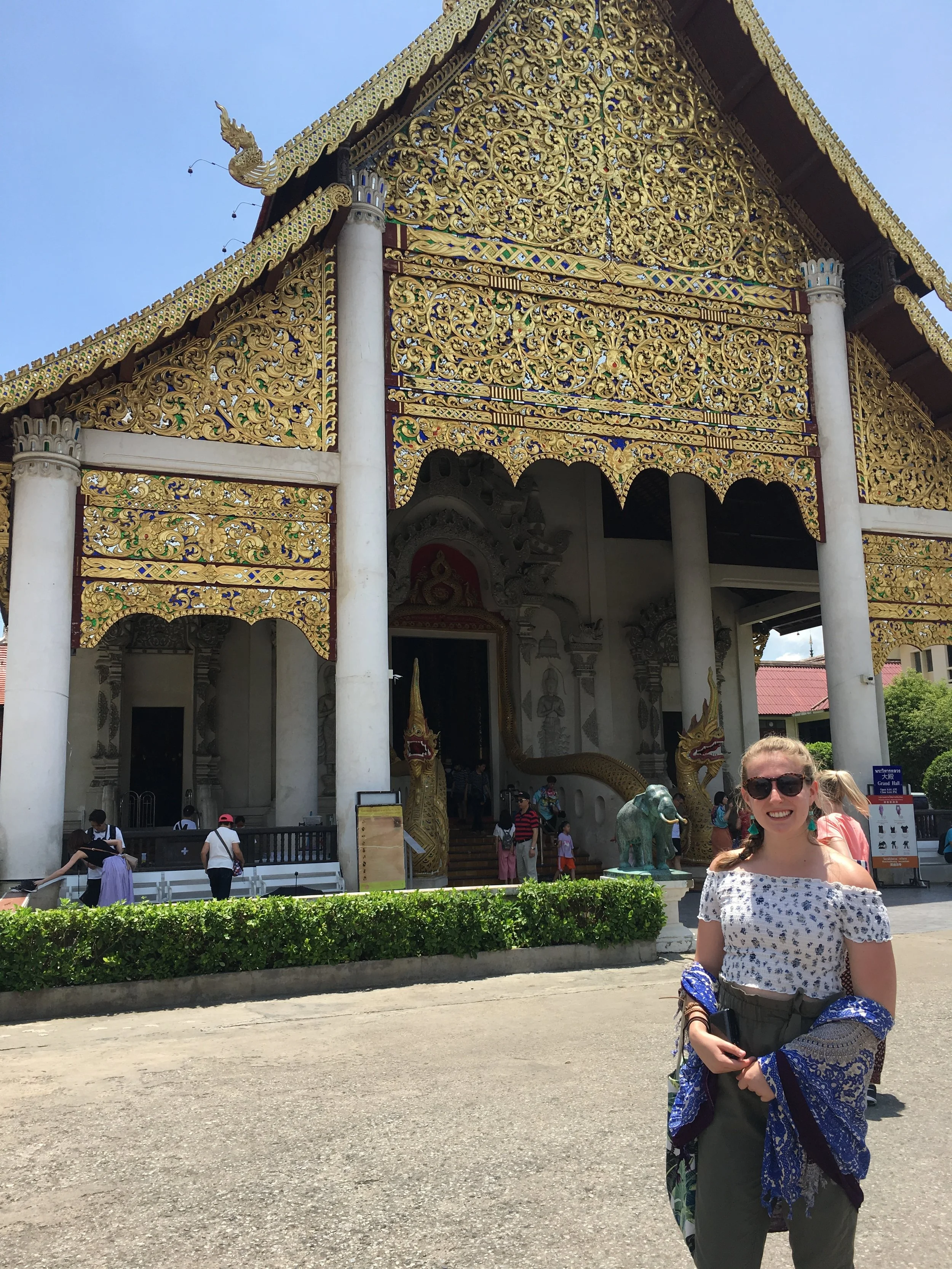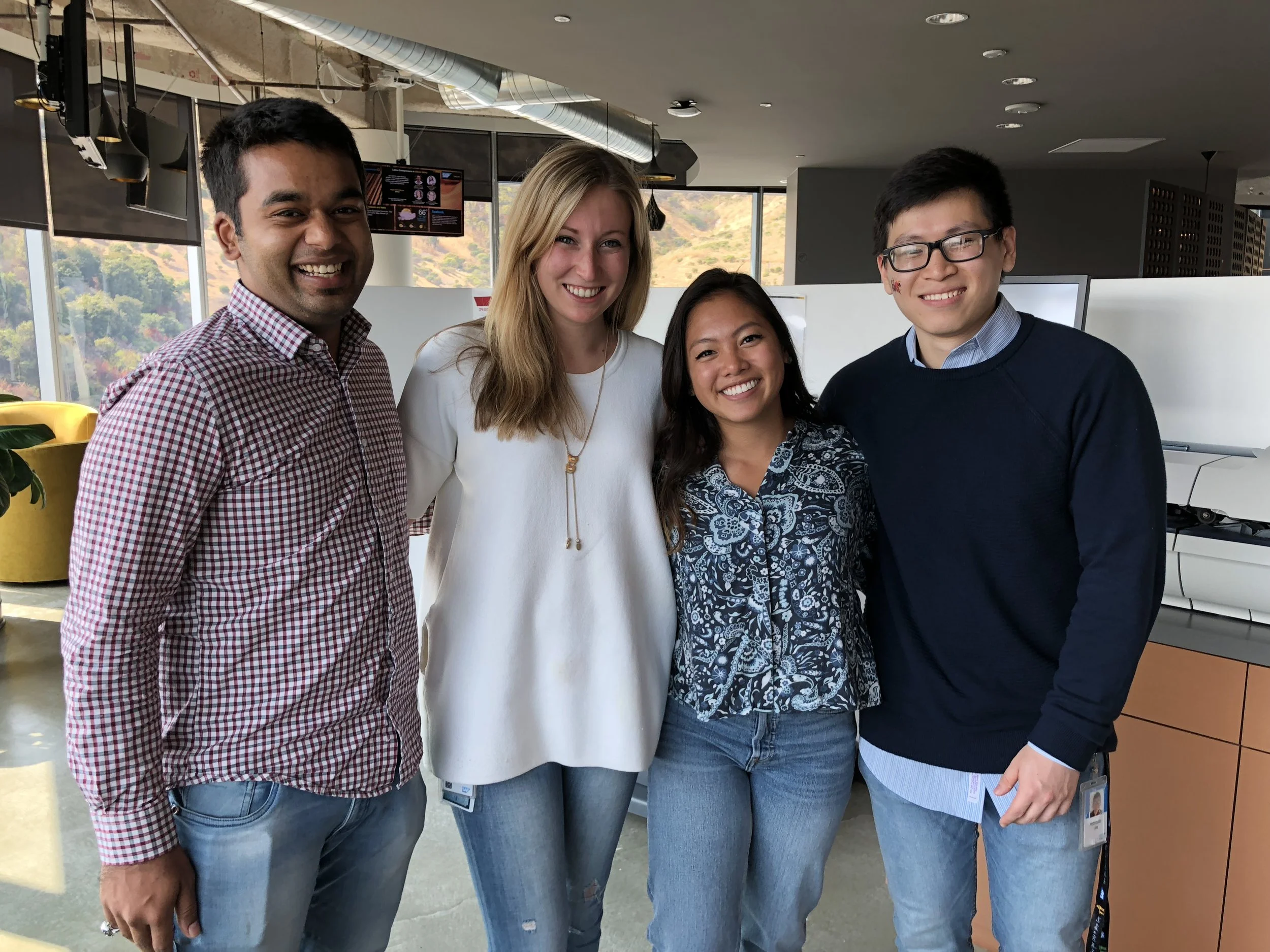
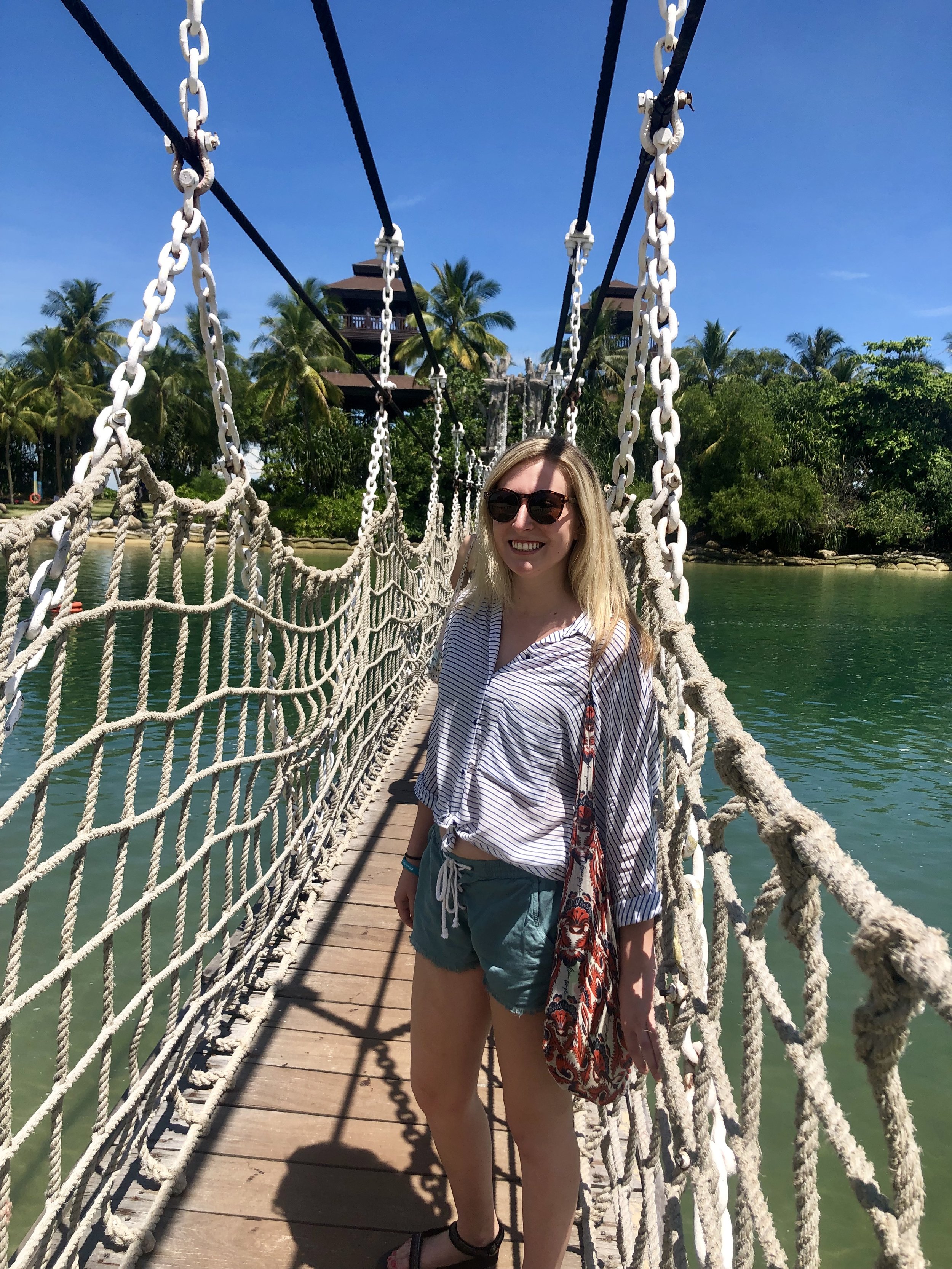
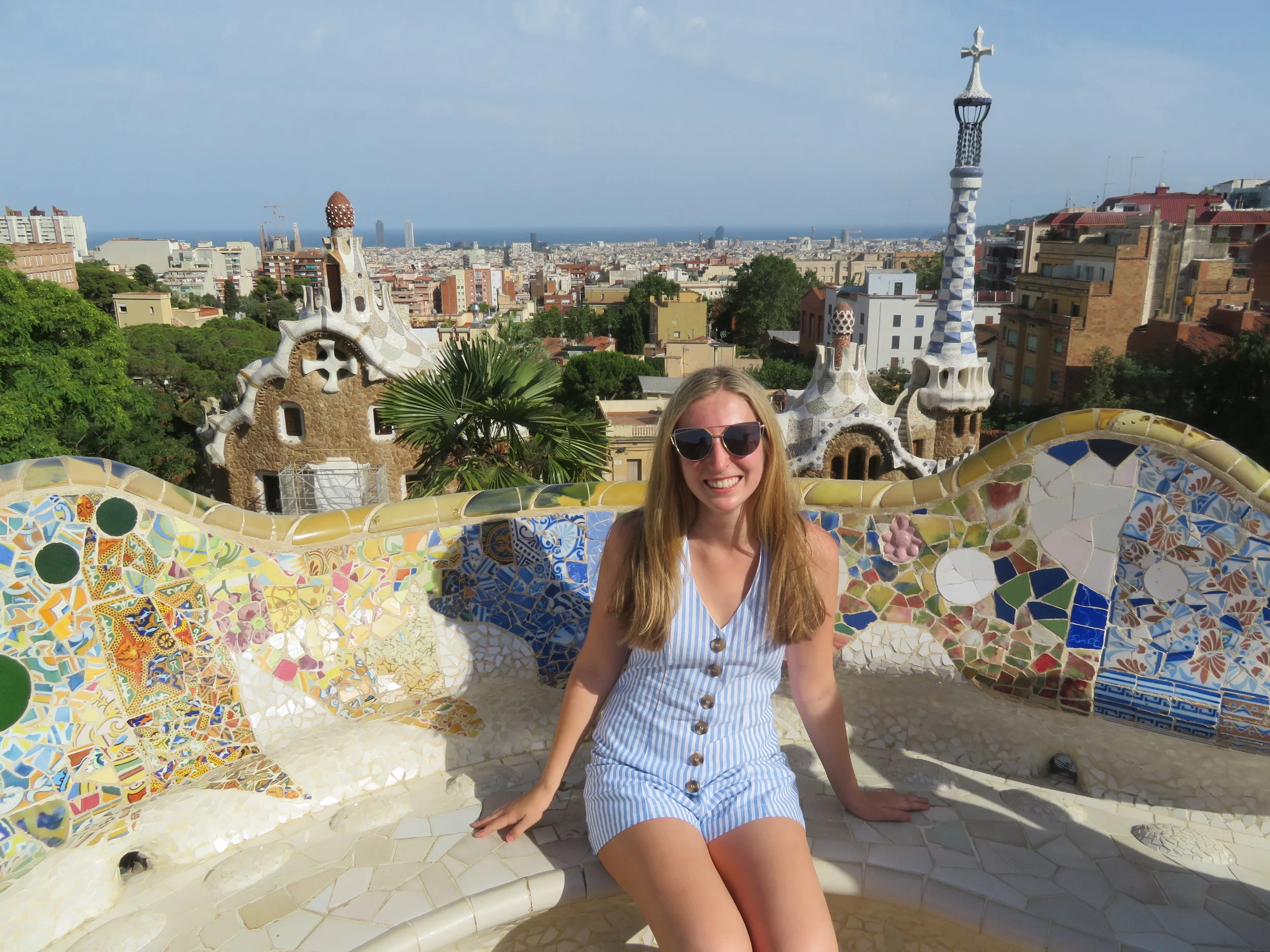

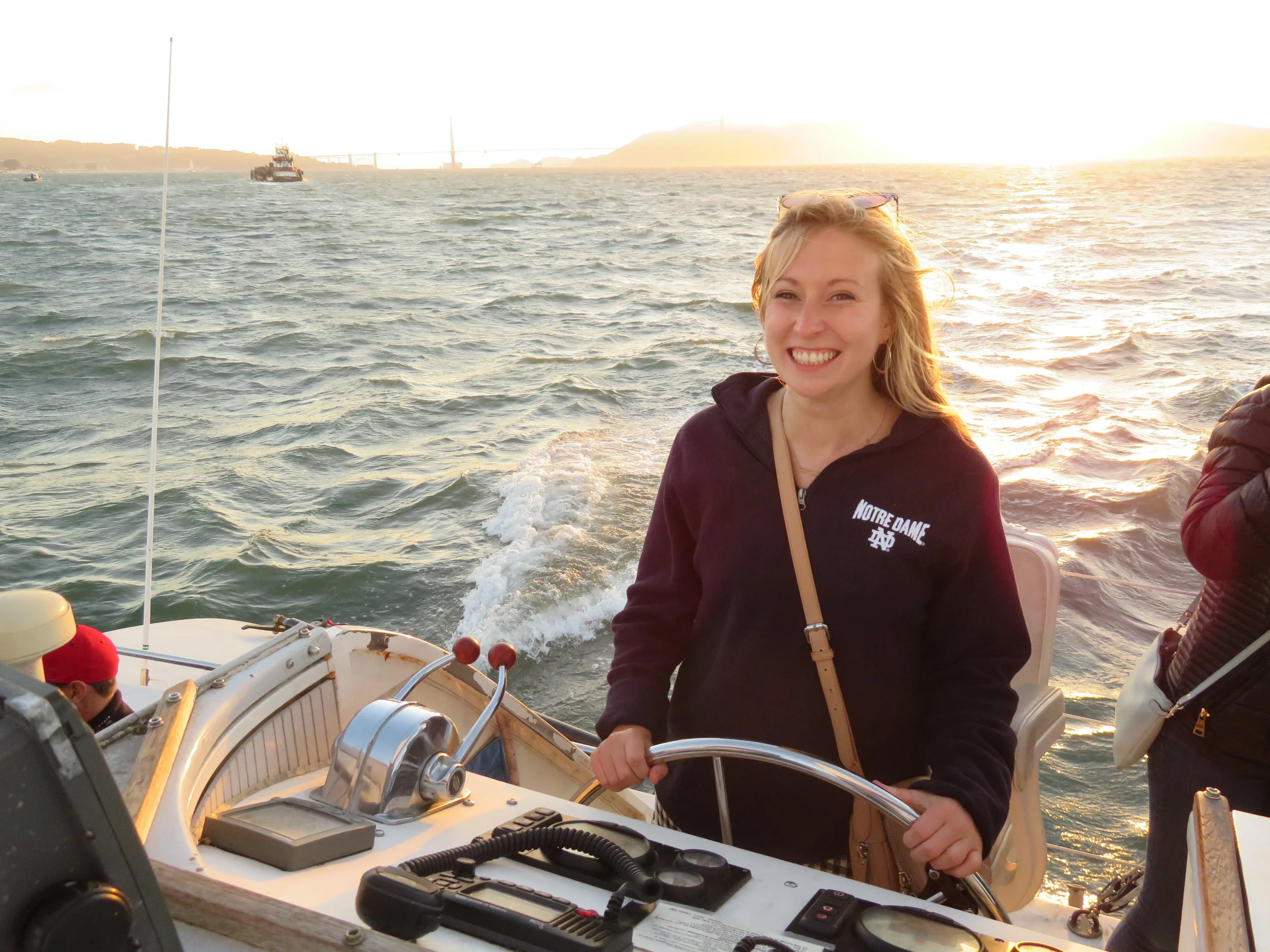
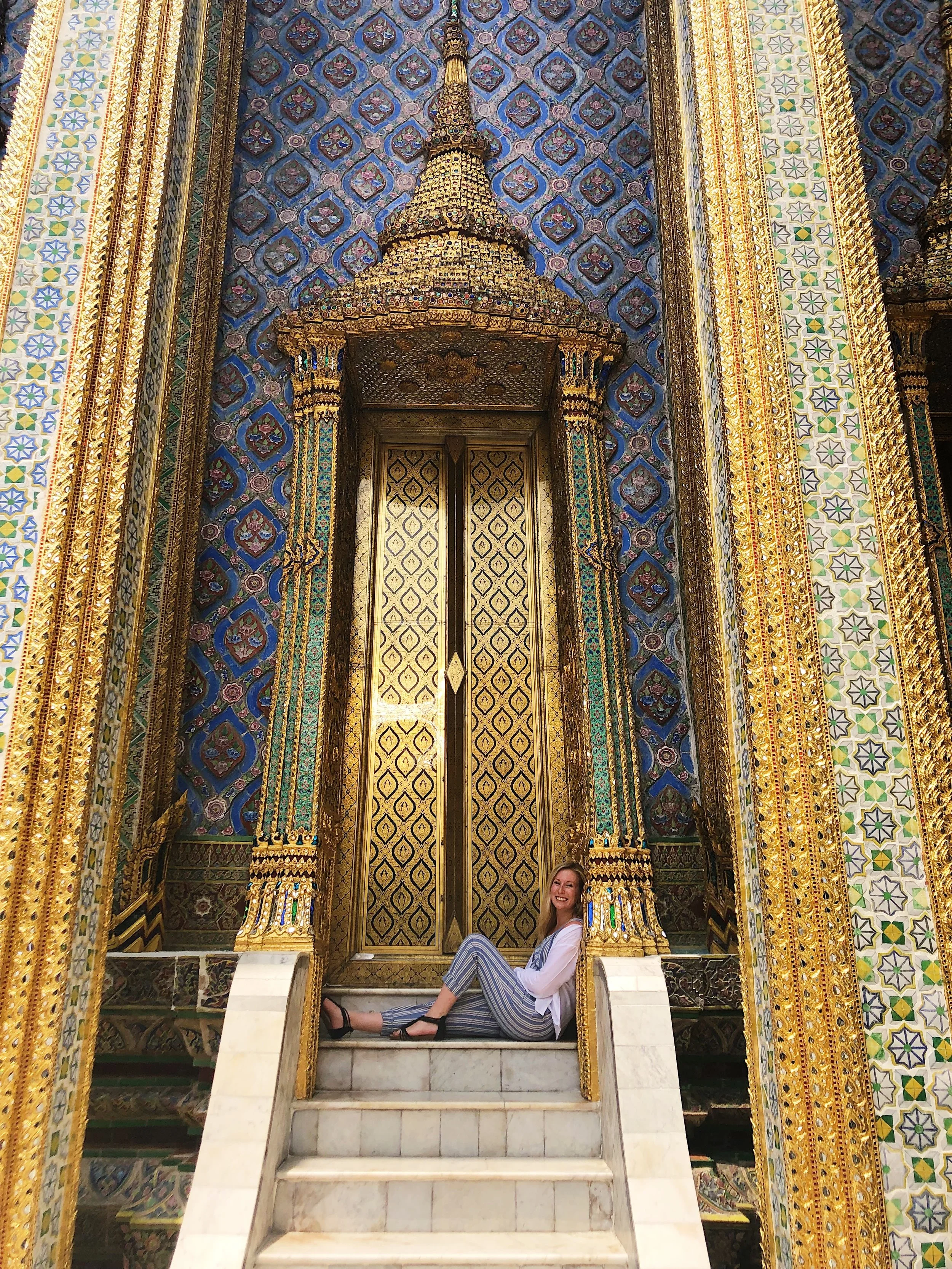
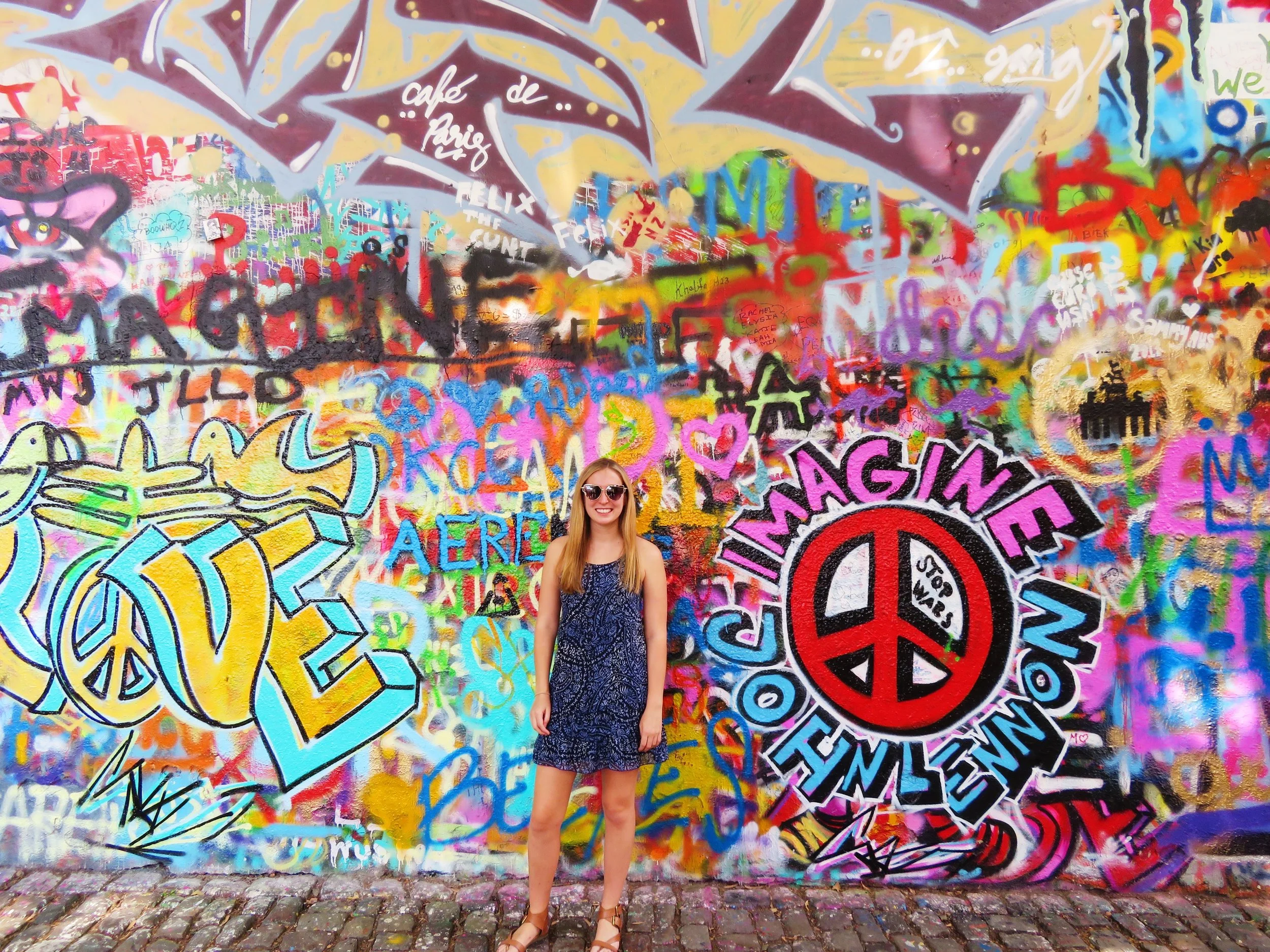
SARAH PIESLAK
“Fòk ou bat tanbou a pou tande son li” - Haitian proverb
“You have to beat a drum to hear its sound”
I’ve tried to pinpoint some life-changing turning point moment that ignited my passion for social justice. The best I can trace is a week in West Virginia in 2012. In the summer before my sophomore year of high school, a few friends and I decided to join our church youth group for their annual Appalachia home-repair trip to Preston County, West Virginia. That trip was my first real experience with a culture dissimilar to my own. As outsiders, my friends and I found it initially easy to judge the ways of life that we experienced during that first trip (especially coming from a place of privilege we had yet to acknowledge). But I discovered that I could draw myself away from judgment and into the experience of another with a simple question: “What is it like to be you?”
Since then, I’ve taken classes on catholic social teaching, structural violence, and the theology of human dignity. But my first and most influential introduction to ingrained social injustice has been in my visits to Appalachia. During other immersions in Appalachia in my undergrad years, I became a witness to the environmental violence occurring due to long-wall and mountaintop-removal coal mining and natural gas hydraulic fracturing. I was horrified by devastating physical and mental health tolls on local populations, by the corrupting influence of energy companies in the state government, and by the destruction of ecological systems, water supplies and communities.
In the summer of 2019, I returned to that same summer home repair trip through my home church to serve as a young adult leader to the high-school attendees. What I found most impactful during the 2019 immersion (and reflecting on my other experiences in the region) has been the time dedicated to listening to people’s stories. It may come as a surprise, but I’ve probably only used my stellar drill skills once outside of those home repair trips. I’ve absorbed more value by listening to the trials of a 45-minute drive in a harsh winter to a factory job that disappears due to automation just a few months later. Or hearing a homeowner speak so profoundly of the beautiful land she grew up in and express the pain of knowing that outsiders are committed to devastating that same beauty.
While this specific environmental violence transpires in our own country, similar exploitation of resources and indigenous people creates volatile conditions internationally. Illegal gold mining and its link to drug abuse in Peru seem like a less unique issue when juxtaposed with Appalachia’s coal industry and opiate epidemic. Generations of life, death, gain, and loss around the world will have occurred in vain if we concern ourselves only with our immediate universe and fail to acknowledge the lessons that history imparts. For suffering to be known, we need a person with whom to share it. Now, in 2019, as I dive into issues of international development, I try to begin each project by creating a culture of understanding and asking that profound question: “What is it like to be you in this place?”
Working on replacing drywall that was damaged from a major flooding incident related to mountaintop removal in Logan County, WV (2016).
Chinatown, Singapore (2019)
Places I’ve Worked and Visited
Updated as of August 2019
Wat Chedi Luang, Chiang Mai, Thailand (2019)
My Favorite Books
(not necessarily in rank order)
A Tree Grows in Brooklyn by Betty Smith
Mountains Beyond Mountains: The Quest of Dr. Paul Farmer, A Man Who Would Cure the World by Tracy Kidder
The Blue Sweater: Bridging the Gap Between Rich and Poor in an Interconnected World by Jacqueline Novogratz
The Road by Cormac McCarthy
The Big Truck That Went By: How the World Came to Save Haiti and Left Behind a Disaster by Jonathan M. Katz
The Bell Jar by Sylvia Plath
A World of Three Zeros: The New Economics of Zero Poverty, Zero Unemployment, and Zero Net Carbon Emissions by Muhammad Yunus
Laudato Si: On Care for our Common Home by Pope Francis
The Things They Carried by Tim O’Brien
Uncle Tom’s Cabin by Harriet Beecher Stowe
Bonuses (technically not books!):
The Telling Takes Us Home: A People’s Pastoral from the Catholic Committee of Appalachia
B: A poem by Sarah Kay
